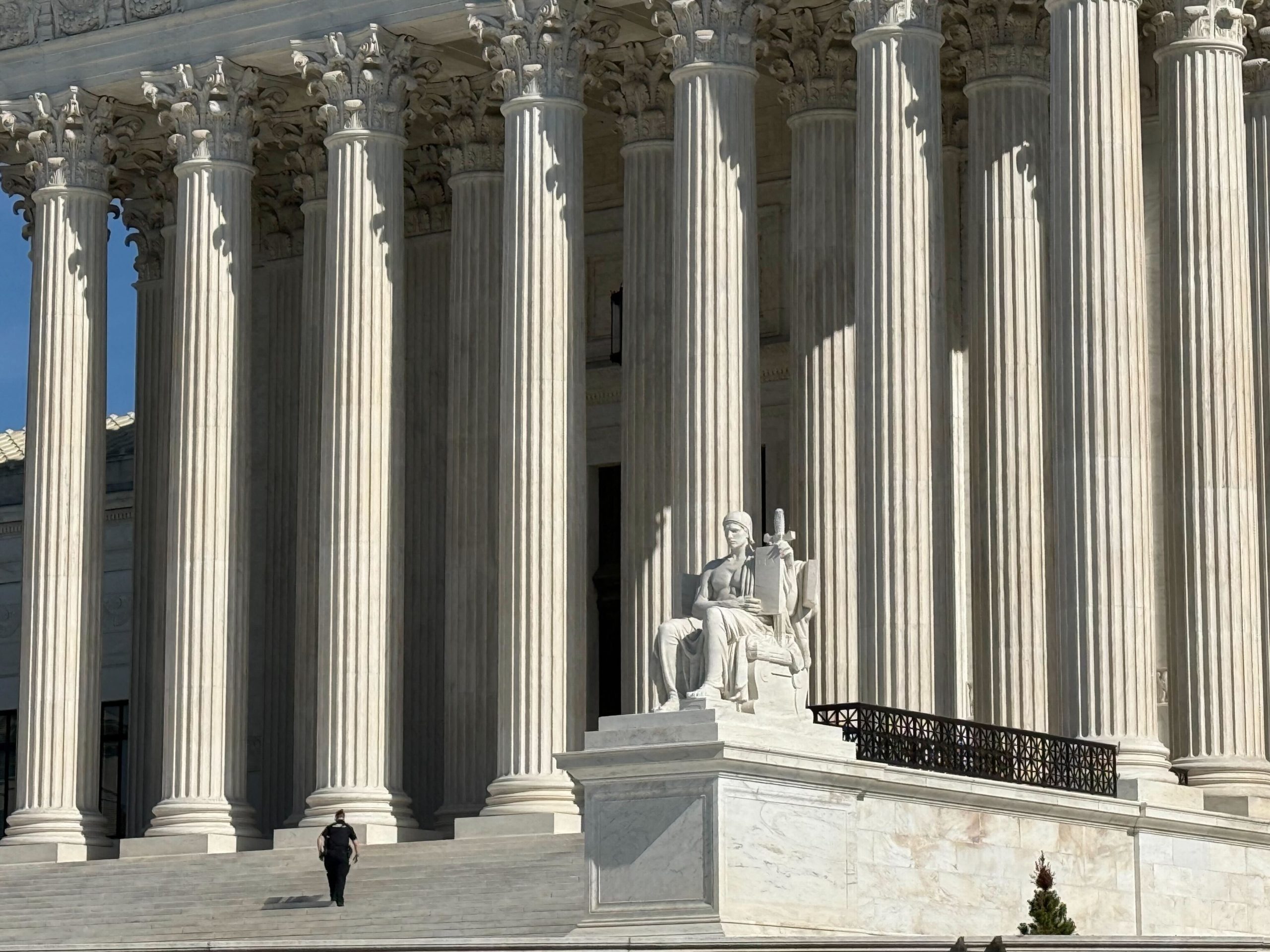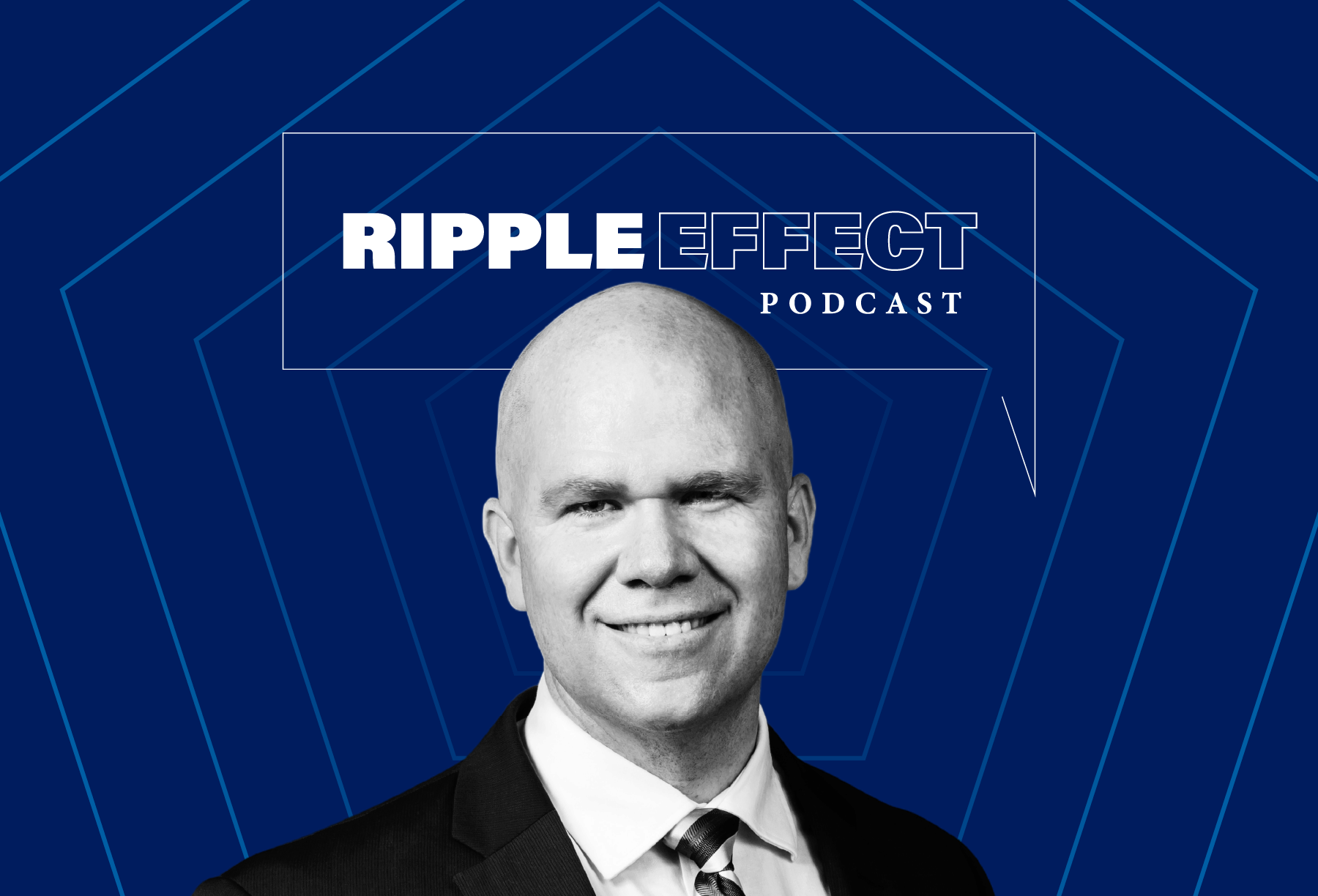In a significant legal development, the Trump administration has formally informed the Supreme Court of its decision not to defend a controversial federal campaign finance law. The statute in question limits the financial contributions that political parties can coordinate with candidates running for office. This decision marks an unusual departure from the Department of Justice’s usual stance of upholding federal statutes. U.S. Solicitor General D. John Sauer emphasized that while the DOJ typically defends such laws, this case presents exceptional circumstances warranting a different approach.
The Supreme Court is expected to address the case before its summer recess. Should the justices decide to grant the National Republican Senatorial Committee’s (NRSC) petition for review, arguments could be heard in the fall, with a decision anticipated in 2026.
The Origins of the Legal Challenge
The legal challenge originated in 2022 when then-Senator, now Vice President, J.D. Vance, alongside former Representative Steve Chabot from Ohio, filed a lawsuit. Chief Judge Jeffrey Sutton of the U.S. Court of Appeals for the 6th Circuit acknowledged the challengers’ arguments, noting the Supreme Court’s increasing receptiveness to claims that campaign finance regulations infringe on First Amendment rights. However, the court of appeals maintained its adherence to a 2001 Supreme Court decision in Federal Election Commission v. Colorado Republican Federal Campaign Committee, which supported restrictions on coordinated campaign expenditures.
NRSC’s Arguments Against the Law
Represented by former U.S. Solicitor General Noel Francisco, the NRSC approached the Supreme Court last year, urging the justices to invalidate the coordinated party expenditure limits. The NRSC argued that these limits conflict with modern campaign-finance doctrine and impose undue burdens on the fundamental political rights of parties and candidates. The committee further claimed that these restrictions have negatively impacted the political system by diverting donor funds to narrowly focused ‘super PACs,’ consequently diminishing the influence of political parties and exacerbating political polarization.
The NRSC contended that the Supreme Court’s 2001 decision is no longer binding due to amendments made by Congress in 2014, which allowed for unlimited coordinated expenditures for specific activities such as election recounts and other legal proceedings. The NRSC suggested that the justices should reconsider and potentially overturn the outdated decision.
Trump Administration’s Support for Review
In its recent filing, the Trump administration aligned itself with the NRSC’s position, advocating for the Supreme Court to hear the case. Solicitor General Sauer argued that the coordinated expenditure restrictions infringe on fundamental First Amendment rights. He also noted that the 2001 ruling has been significantly undermined by subsequent legal, factual, and statutory developments, a position that only the Supreme Court can reassess.
Sauer proposed that the court appoint an independent attorney to defend the 6th Circuit’s ruling. If the justices accept the review and follow this recommendation, it would be the fourth instance in the 2025-26 term where such a measure has been taken. Recently, the justices selected John Bash, a former assistant to the U.S. solicitor general, to uphold a ruling from the U.S. Court of Appeals for the 8th Circuit in a separate case.
The unfolding legal battle highlights the evolving landscape of campaign finance law and its implications for political parties and candidates. As the Supreme Court prepares to address this contentious issue, the outcome could significantly influence the future of campaign finance regulations in the United States.
Note: This article is inspired by content from https://www.scotusblog.com/2025/05/trump-defends-vice-president-vances-bid-to-toss-campaign-finance-law/. It has been rephrased for originality. Images are credited to the original source.







